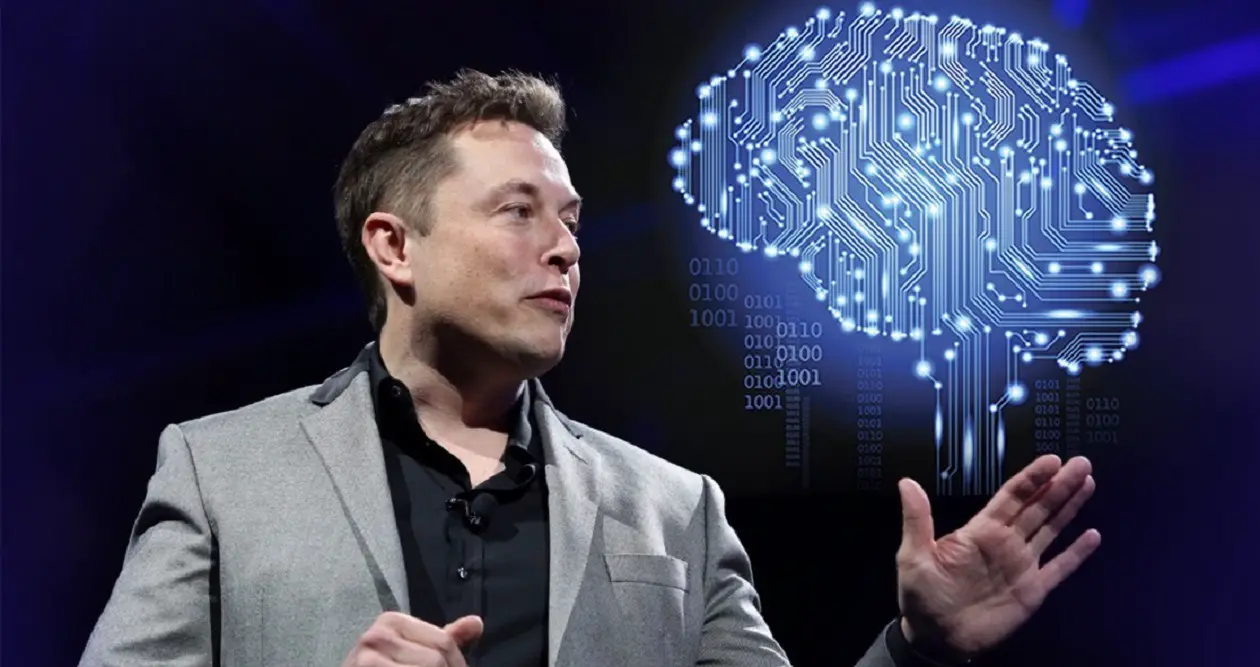Elon Musk’s Neuralink startup announced Thursday that it had received clearance from US regulators to test its brain implants on humans.
Neuralink described the FDA approval for its first human clinical study as “an important first step” for its technology, which is designed to allow brains to communicate directly with computers.
“We are delighted to announce that we have received FDA approval to begin our first human clinical study,” Neuralink said in a tweet.
“This came about because the Neuralink team worked very hard and closely with the FDA.” According to Neuralink, recruitment for clinical trials is not yet open.
Musk stated in a December presentation by the startup that the goal of the Neuralink implants is to allow human minds to communicate directly with computers.
“We have been diligently preparing for our first human (implantation), and it goes without saying that we will be extremely cautious and confident of its success before implanting a device into a human,” he said at the time.
Musk, who bought Twitter late last year and now controls SpaceX, Tesla and several other companies, is known for making bold predictions about his businesses, several of which ultimately come up short.
In July 2019, he claimed that Neuralink could conduct its first human trials in 2020. Prototypes of coin-sized products have been implanted in the skulls of primates, according to the startup’s demos.
During the Neuralink presentation, the company demonstrated various primates “playing” simple video games or moving a cursor on a screen using the Neuralink implant.
Musk said the company would try to use the implants to help people who have lost the ability to see and move again.
“Initially we would allow someone with almost no ability to operate their muscles… and we would allow them to operate their phone faster than someone who has working hands,” he explained.
“As miraculous as it may seem, we are confident that it is possible for a person with a severed spinal cord to return to full bodily function,” he said.
Beyond the ability to treat neurological ailments, Musk’s ultimate goal is to ensure that artificial intelligence doesn’t overwhelm people intellectually, he said.
Synchron, which announced in July that it had implanted the first brain-machine interface in the United States, is another company working on similar systems.
Subscribe to our latest newsletter
To read our exclusive content, sign up now. $5/month, $50/year
Categories: Technology
Source: vtt.edu.vn
